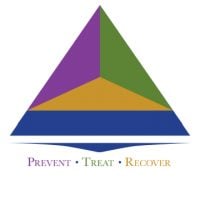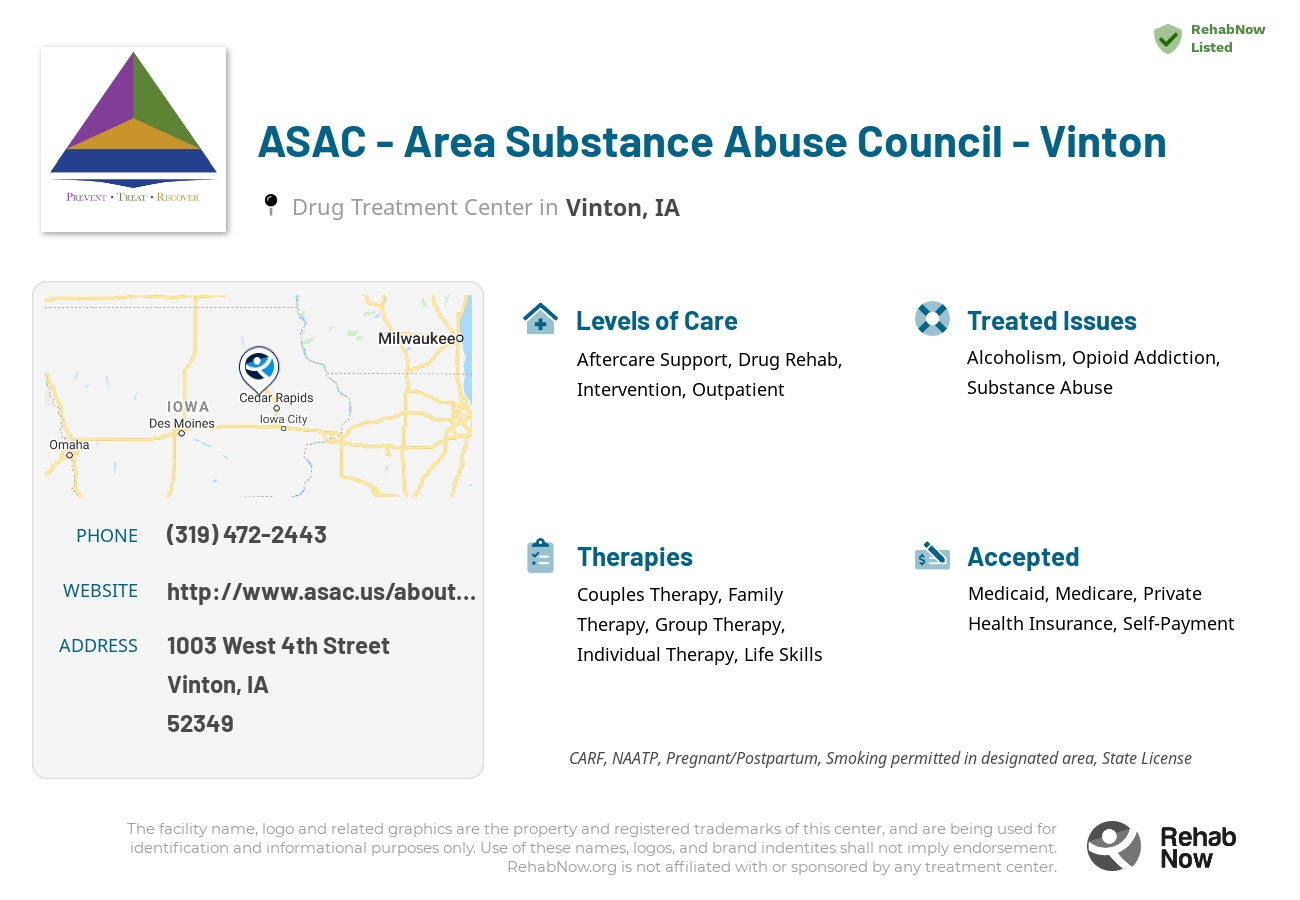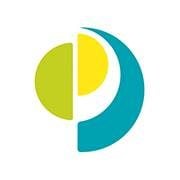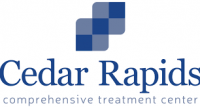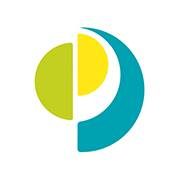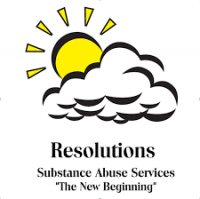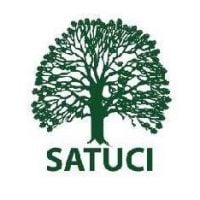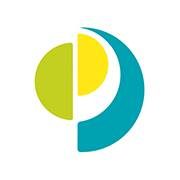ASAC - Area Substance Abuse Council - Vinton
Drug Rehab Center in Vinton, Iowa
ASAC - Area Substance Abuse Council - Vinton is a licensed addiction treatment organization in Iowa that offers evidence-based treatment plans and resources, personalized care, and support throughout the substance abuse recovery process.
About
The Area Substance Abuse Council (ASAC) in Vinton, Iowa, stands out with its comprehensive substance abuse treatment and prevention programs. They aim to reduce the impact of substance use and gambling disorders through a wide range of services catering to individuals, families, and communities. What makes ASAC unique is its emphasis on accessibility and the diverse programs it offers, from prevention to recovery support.
- Diverse Prevention Services: ASAC offers specialized programs like BASICS and CASICS for college students, emphasizing early intervention.
- Comprehensive Recovery Support: The facility provides holistic support including employment counseling, family therapy, and sober living activities, ensuring a multifaceted approach to recovery.
- Accredited and Inclusive Care: ASAC is a CARF-accredited facility, acknowledging its high standards in offering treatment and services.
ASAC has earned CARF accreditation, underscoring its commitment to excellence in substance abuse treatment and prevention. By accepting private health insurance, they make their essential services more accessible to those in need across East Central Iowa. The facility’s comprehensive approach extends beyond treatment, integrating family and community support to foster lasting recovery.
At ASAC, individuals struggling with alcoholism, opioid addiction, drug addiction, and related mental health issues can find a pathway to recovery. They use a blend of intervention, detoxification, individual therapy, and outpatient treatment methods, all tailored to address the unique needs of each person. This level of personalized care ensures that every individual has the opportunity to embark on a successful journey towards sobriety.
Genders
Ages
Modality
Additional
Accreditations

CARF
The Commission on Accreditation of Rehabilitation Facilities (CARF) is a non-profit organization that specifically accredits rehab organizations. Founded in 1966, CARF's, mission is to help service providers like rehab facilities maintain high standards of care.
Conditions and Issues Treated
Recovering from substance abuse is an essential part of a healthy life for many people. It’s a long and challenging process, but it can be worth it in the end if you manage to get through all parts. Detoxifying your body, rehabilitation after that time passes or when needed (depending on what type), and then recovery while also receiving therapy support throughout this entire process.
A standard route to starting recovering from substance abuse and addiction is through a detoxification center. There you can completely heal your body and mind and continue on the path of recovery without feeling any of the lingering effects of substances.
Within the past decade, opioid addiction has become a nationwide epidemic. The United States hosts one of the world’s highest rates of opioid use or abuse and has one of the highest rates of opioid-related deaths. In the United States, opioid drugs are classified as Schedule II-IV controlled substances due to their highly addictive properties and potential for abuse. These include morphine, opium, heroin, oxycodone, hydrocodone, methadone, and fentanyl. Physicians usually prescribe opioids to help control pain.
Over time, opioid users develop a tolerance for the drugs, which makes it difficult, if not impossible, to function without them. In turn, opioid users often resort to illicit means of obtaining the drugs. These means can include drug dealers, friends, and family members who do not have legitimate prescriptions for the drugs. Opioid addiction can quickly lead to heroin use, especially those seeking more intense highs than prescription opioids offer. Due to the high risk of overdose, heroin users are at a much higher risk for illness and death.
Levels of Care Offered
This center offers a variety of custom treatment tailored to individual recovery. Currently available are Aftercare Support, Drug Rehab, Intervention, Outpatient, with additional therapies available as listed below.
An outpatient treatment program is set up to help with alcohol or drug addiction or a co-occurring disorder. The treatment must attend the treatment facility for their therapy and other programs but return home each night. The frequency of mandatory attendance decreases after much of the treatment program is complete. The treatment programs are monitored by the treatment facility and case managers who work for a judge or judge’s office. A treatment program may be performed out of a treatment facility, treatment clinic, or treatment center.
The benefits of outpatient treatment programs are many. One of the most beneficial treatment programs is that it allows treatment for clients who cannot afford or may not be able to attend treatment at a treatment facility, treatment center, or treatment clinic full-time. Another benefit of treatment programs is that they reduce crime rates because treatment allows people to treat their addiction.
There are many different kinds of services that support and help people in recovery. Interventions help families and friends share feelings, express their desire for change, and plan for concrete steps toward recovery. Interventionists are trained professionals who assist family members in arranging an intervention or lead an intervention themselves. The family members should be involved in selecting an experienced professional to lead their loved one into treatment. Intervention services are available throughout the country.
Recovering drug addicts need aftercare support when they leave treatment. The support can include guidance through 12-step programs, outpatient rehabilitation programs, and support groups. Aftercare supports the individual in their desire to maintain sobriety by reducing relapse risk with positive choices.
The success of drug treatment does not end when the addict leaves the rehabilitation center. There is no such thing as a “one and done” type of rehabilitation process. Recovery is a lifelong journey that begins with treatment and continues by the addict committing to outside support groups or drug rehab programs.
When choosing a program, it is crucial to choose one that will provide long-term aftercare support. This ensures that you have the tools you need to sustain your recovery.
Therapies & Programs
Individualized Treatment is essential because it gives addicts the ability to participate in a program that meets their unique needs. An addict should work with professionals who understand what they’re going through, especially if the addict is actively using. Finding the right treatment program for an addict is difficult, but it’s even harder without communicating with those who have experience treating your specific situation.
Couples therapy is a treatment approach where the patients and their partners are engaged together. When a person becomes a victim of substance abuse, it affects the patient and his people, particularly his partner. Their relationship can become strained due to lack of communication, financial issues, loss of trust, lack of intimacy, and physical abuse in more severe cases. Couples therapy addresses these issues and tries to rebuild the trust between the partners. The partner’s involvement in the process will result in greater chances of treatment success and sustained recovery.
The therapies typically involve all family members, potentially including siblings, children, and parents who play a role in their daily lives. These sessions can be essential because they address past issues that may have affected an addict or alcoholic’s recovery process. They provide support during this time when it is needed most!
A family therapy session, often called a family meeting or intervention, is a necessary process that helps loved ones of addicts see their situation in a new light. It’s also one of the most challenging things families will ever have to do when they’re facing a loved one battling addiction or alcoholism.
Group therapy sessions provide recovering addicts with a chance to cope with everyday situations that many face. Group therapy sessions are held in rehab facilities, clinics, churches or community centers that offer drug addiction treatment.
People who attend these groups are encouraged to voice their feelings and support other addicts in recovery. This helps group members strengthen their own recovery program while cheering on others who are struggling with sobriety.
Life skills training is beneficial for addicts in recovery because it helps them learn how to take care of themselves and improve their quality of life, which can promote feelings of purpose and motivation.
This works by teaching individuals life-enhancing skills that support positive living, including:
- Healthy lifestyle habits
- Skills to effectively manage stress
- Effective communication skills to help them get their needs met without turning to drugs or alcohol
- Money management and budgeting skills so they can continue to take care of themselves after treatment ends.
Payment Options Accepted
For specific insurance or payment methods please contact us.
Is your insurance accepted?
Ask an expert, call (888) 674-0062
Area Substance Abuse Council Associated Centers
Discover treatment facilities under the same provider.
- ASAC - Area Substance Abuse Council - Heart of Iowa in Cedar Rapids, IA
- Area Substance Abuse Council - New Directions in Clinton, IA
- ASAC - Area Substance Abuse Council - Main Campus in Cedar Rapids, IA
- ASAC - Area Substance Abuse Council - The Way Home in Cedar Rapids, IA
- ASAC - Area Substance Abuse Council - Maquoketa in Maquoketa, IA
Learn More About Area Substance Abuse Council Centers
Additional Details
Specifics, location, and helpful extra information.
Vinton, Iowa 52349 Phone Number(319) 472-2443 Meta DetailsUpdated April 15, 2024
Staff Verified
Patient Reviews
There are no reviews yet. Be the first one to write one.
Vinton, Iowa Addiction Information
Iowa ranks 2nd lowest in the nation for illicit drug use, but 12% of its residents are still using these drugs every single year. Methamphetamines account for more than 90% of all drug-related prison admissions in Iowa. Alcohol is the most widely abused substance in the state, with 23% of residents admitting to heavy drinking.
Treatment in Nearby Cities
- Tipton, IA (54.2 mi.)
- Elkader, IA (57.3 mi.)
- Manchester, IA (36.8 mi.)
- Perry, IA (108.9 mi.)
- Marengo, IA (26.0 mi.)
Centers near ASAC - Area Substance Abuse Council - Vinton
The facility name, logo and brand are the property and registered trademarks of ASAC - Area Substance Abuse Council - Vinton, and are being used for identification and informational purposes only. Use of these names, logos and brands shall not imply endorsement. RehabNow.org is not affiliated with or sponsored by ASAC - Area Substance Abuse Council - Vinton.
